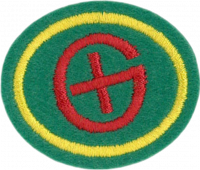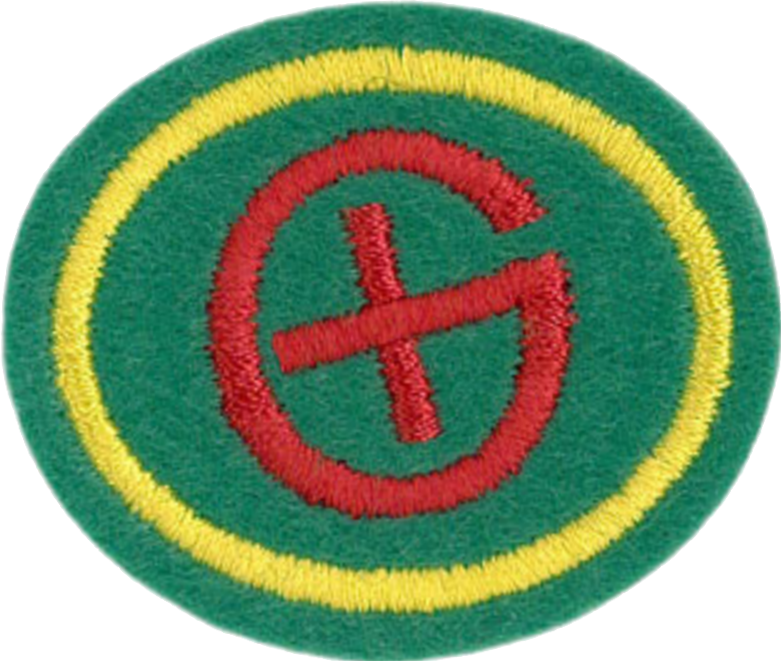AY Honor Geocaching Requirements used by North American Division
1. Define Geocaching.
2. Identify the technological tools necessary for geocaching.
3. Define or identify the following geocaching terms:
- a. Container
- b. Log book
- c. Cache Owner (CO)
- d. Coordinates
- e. Muggle
- f. Smilie/Find
- g. Caching Name/geonic/username (Login)
- h. Travel Bug/Travel Coin
4. Define and give examples of the different sizes of caches.
- a. Extra Small/Micro/Nano
- b. Small
- c. Medium/regular
- d. Large
- e. Other
5. Define and identify on a caching map the following types of geocaches:
- a. Traditional
- b. Multi-cache
- c. Mystery
- d. Virtual
- e. Earthcache
- f. Letterbox OR Whereigo
6. What items may be left in a geocache? Which items may not?
7. What is meant by Cache In, Trash Out (CITO)?
8. Demonstrate two ways of finding the location of a geocache in your area on a caching website or caching app.
9. Use the following features (or their equivalent) on a GPS receiver and website or caching app:
- a. Find by GC Code
- b. Find by location
- c. Filter locations (choose just those with a Difficulty rating of 3 or lower and Terrain of 3 or lower, for example)
- d. Compass
- e. Map Directions
- f. Description
- g. Previous logs
- h. Hint
10. Find three geocaches in your area, at least one of which must be a regular (traditional) cache.
11. Read and discuss Matthew 6:19-21 and Jeremiah 29:13, and determine their relevance to geocaching.
12. Discuss safety concerns you should consider when geocaching. View the attributes of a nearby cache to identify caching hazards identified by cache owners.


